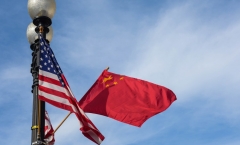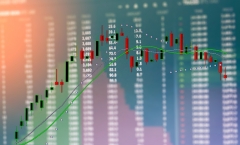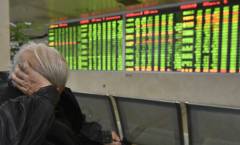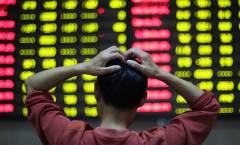“Two months ago, I thought I was stupid for not piling into the equity market. People around me were making money so easily from their investments,” says Johnny Chen, 30, my colleague and an amateur investor in the Chinese stock market. “Now I feel I am even more stupid for not cashing out at its peak.” This feeling of regret is spreading like wildfire among amateur investors since the Shanghai Composite Index’s dramatic decline on June 26. In recent days, many of my colleagues are debating whether the bull run is over and if Chinese stocks have entered a bear market. As a new media startup, most of the staff where I work were born in the 1980s or 90s, as I was, graduating from college between 2006 and 2007, a time when China last experienced a bullish market. We would have missed out then as we were just starting out on our careers and not “wealthy” (and we are still not, media being the mostly low-paying career it is globally). Many of China’s new investors are inexperienced retail investors who are likely following the advice of friends or media, according to a recent report from Forbes. These retail investors are one of the biggest drivers behind the Chinese markets’ rally over the past year. The number of investors who have opened new stock accounts so far this year is more than the total number for all of 2012 and 2013 combined, according to data from China […]
ECONOMY WATCH
Jul 14, 2015



